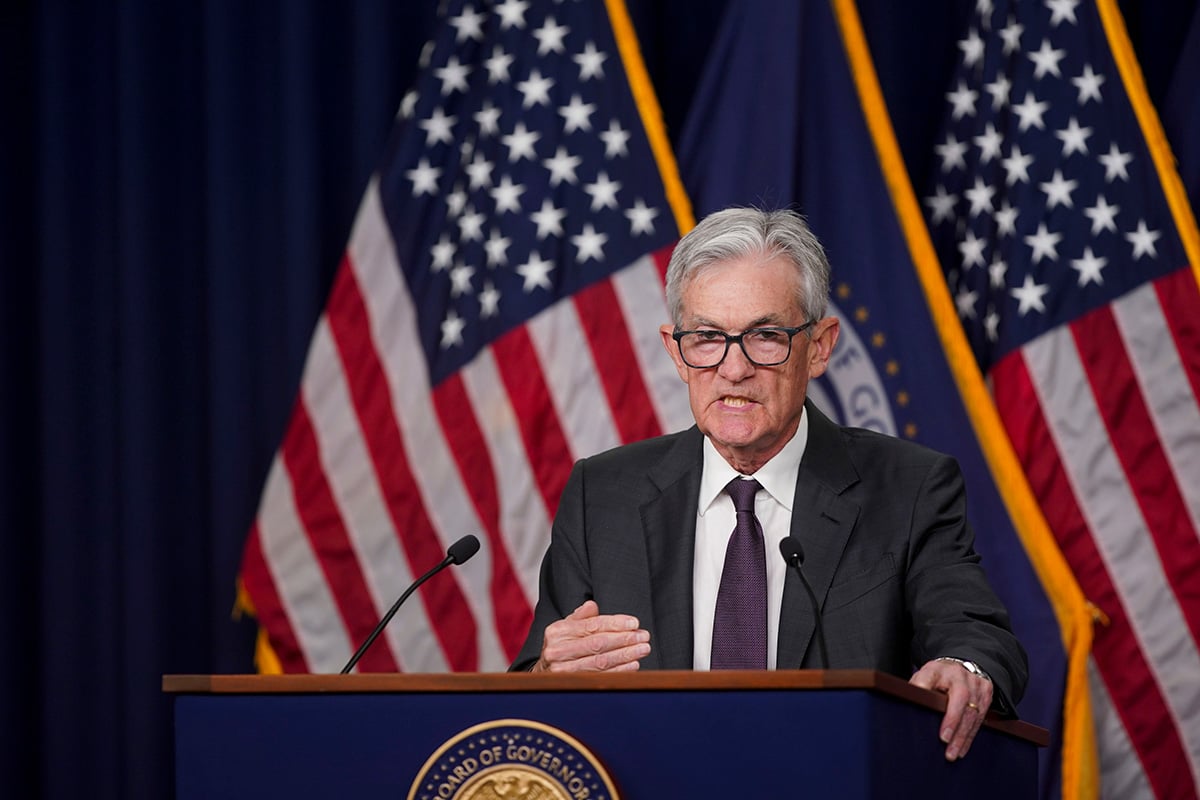Mt. Gox, the Tokyo-based bitcoin exchange that halted withdrawals this month, went offline as a document surfaced alleging long-term theft of about $365 million in the digital currency.
A document posted online that appeared to be an internal strategy paper said unidentified thieves stole 744,408 bitcoins from the exchange—about $365 million at current rates—and that the theft “went unnoticed for several years.”
“The reality is that Mt. Gox can go bankrupt at any moment, and certainly deserves to as a company,” according to the document.
The document, which outlines plans for leadership changes, re-branding, and a possible move to Singapore, was posted online by blogger Ryan Galt. A person briefed on the situation at Mt. Gox, who asked to remain anonymous because the document is private, said he believed it is authentic.
Bitcoin fell 5 percent to $517.71 at 4:48 p.m. London time, according to the CoinDesk Bitcoin Price Index, which averages exchange prices. That's down from as high as $1,151 on Dec. 4.
Mt. Gox went offline to “protect the site and our users,” according to a statement on its website. “We will be closely monitoring the situation and will react accordingly,” it added.
'Tragic Violation'
A group of bitcoin-related companies sought to distance themselves from Mt. Gox, and promised to protect customer funds to promote usage of the currency.
“This tragic violation of the trust of users of Mt. Gox was the result of one company's actions and does not reflect the resilience or value of bitcoin and the digital currency industry,” San Francisco-based Coinbase said in a joint statement on its website with Kraken, BitStamp, Circle, and BTC China, other prominent bitcoin-related companies.
“As with any new industry, there are certain bad actors that need to be weeded out, and that is what we are seeing today,” the companies said in the statement.
Efforts to reach the www.mtgox.com website earlier today directed users to a blank white page, a day after Mt. Gox Chief Executive Officer Mark Karpeles resigned from the Bitcoin Foundation, an advocacy group for the digital money. At one point today, the site read “put announce for mtgox acq here.”
“We are shocked to learn about Mt. Gox's alleged insolvency,” the foundation said in an emailed statement.
Bitcoin was introduced in 2008 by a programmer or group of programmers under the name Satoshi Nakamoto and has since gained traction with merchants around the world. The digital money, based on a peer-to-peer software protocol, has no central issuing authority and uses a public ledger to verify transactions while preserving users' anonymity.
The Bitcoin Foundation said that, despite the troubles at Mt. Gox, the bitcoin protocol was functioning normally. In recent days, Mt. Gox had stopped withdrawals, citing an alleged flaw in the protocol.
Since at least 2011, enthusiasts have been trading bitcoins for dollars and other traditional currencies, and in early 2013 Mt. Gox was one of the biggest exchanges. Mt. Gox said this month that it identified a bug that enables people to withdraw the same bitcoins more than once, leaving it vulnerable to hackers.
Prices quoted on the exchange plunged on speculation that account holders wouldn't be able to get their coins back.
The troubles at Mt. Gox are the latest setback for bitcoin after authorities in Russia, China, and Israel sought to restrict the digital money, while the U.S. seeks ways to prevent money laundering and illicit sales without killing the new technology.
Complete your profile to continue reading and get FREE access to Treasury & Risk, part of your ALM digital membership.
Your access to unlimited Treasury & Risk content isn’t changing.
Once you are an ALM digital member, you’ll receive:
- Thought leadership on regulatory changes, economic trends, corporate success stories, and tactical solutions for treasurers, CFOs, risk managers, controllers, and other finance professionals
- Informative weekly newsletter featuring news, analysis, real-world case studies, and other critical content
- Educational webcasts, white papers, and ebooks from industry thought leaders
- Critical coverage of the employee benefits and financial advisory markets on our other ALM sites, PropertyCasualty360 and ThinkAdvisor
Already have an account? Sign In Now
*May exclude premium content© 2025 ALM Global, LLC, All Rights Reserved. Request academic re-use from www.copyright.com. All other uses, submit a request to [email protected]. For more information visit Asset & Logo Licensing.





